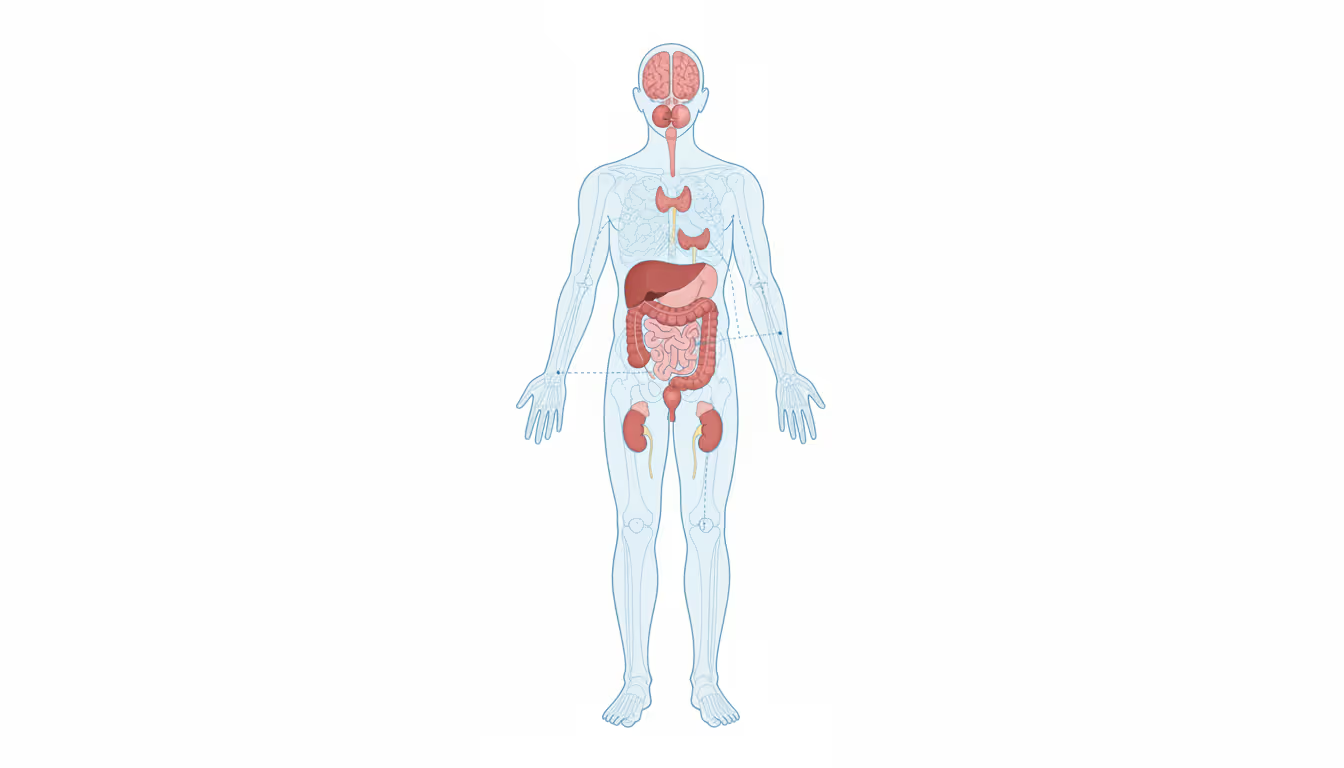
The pituitary gland is a small structure located in the head and is often referred to as the master gland. This is because it produces hormones that regulate other glands and various bodily functions, including growth. The pituitary gland is divided into the anterior and posterior sections.The anterior pituitary is the front section, and the hormones it releases affect growth, sexual development, skin pigmentation, thyroid function, and adrenal cortex function. These hormones primarily exert their influence by acting on other endocrine glands, with the exception of those that directly impact cells. If the anterior pituitary underperforms, it can lead to growth issues such as dwarfism in children and a reduction in the functions of other endocrine glands that it usually controls, excluding the parathyroid glands. Conversely, if the anterior pituitary overperforms, it can cause excessive growth, known as gigantism in children, and a condition called acromegaly in adults.The posterior pituitary, or the back section of the gland, secretes hormones like oxytocin, which increases uterine contractions, and antidiuretic hormone (ADH), which enhances the kidneys’ reabsorption of water. Insufficient production of ADH can lead to diabetes insipidus, a disorder characterized by an inability to concentrate urine, resulting in excessive urination and potential dehydration. This condition causes the urine to be overly dilute or "insipid."




